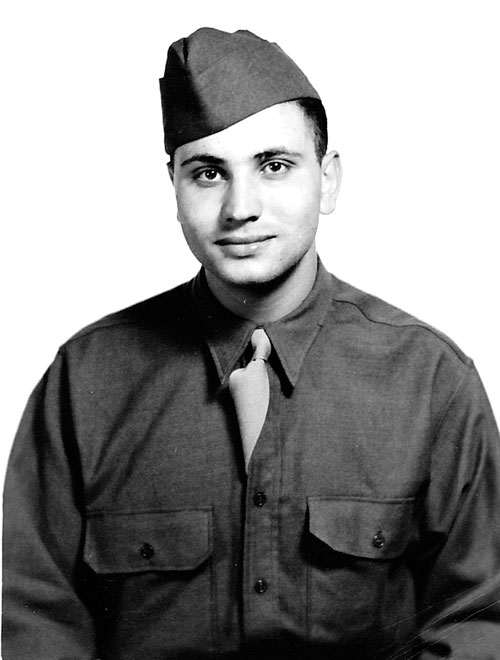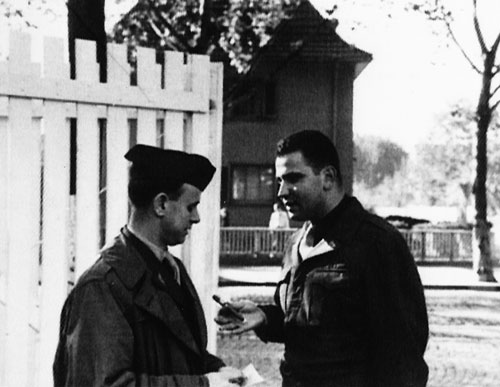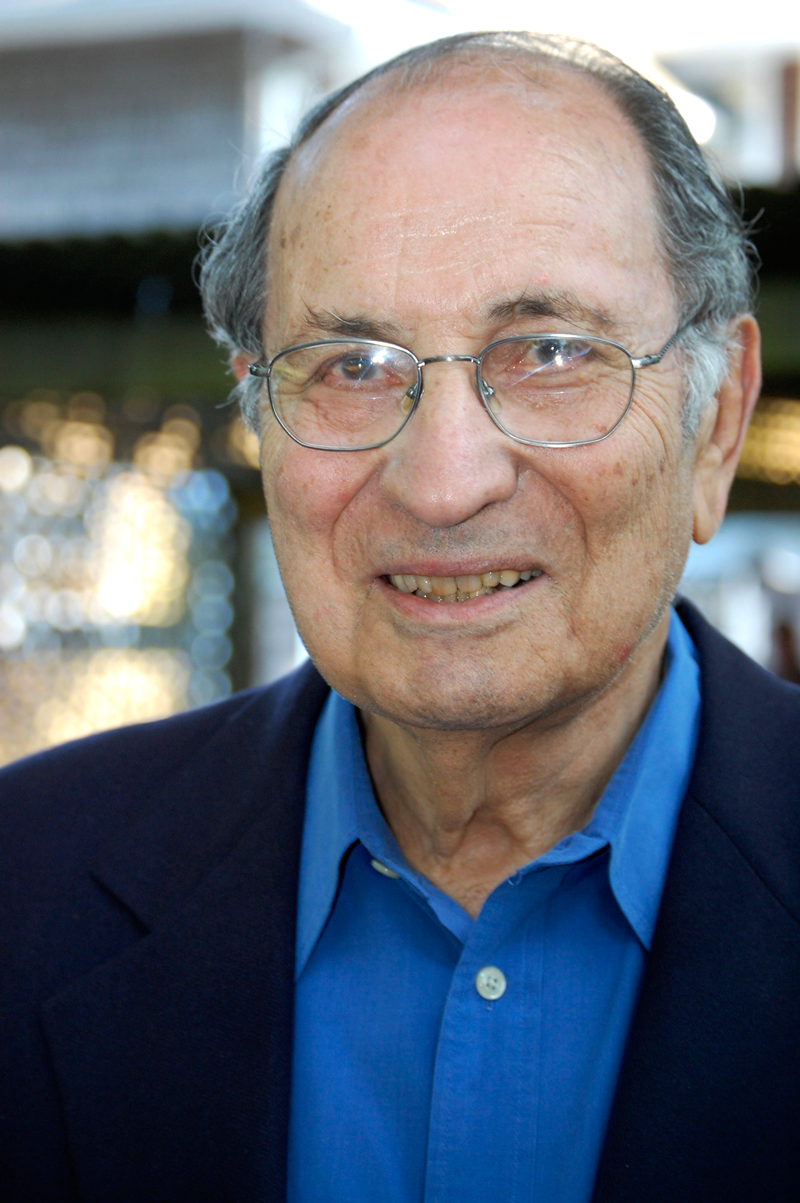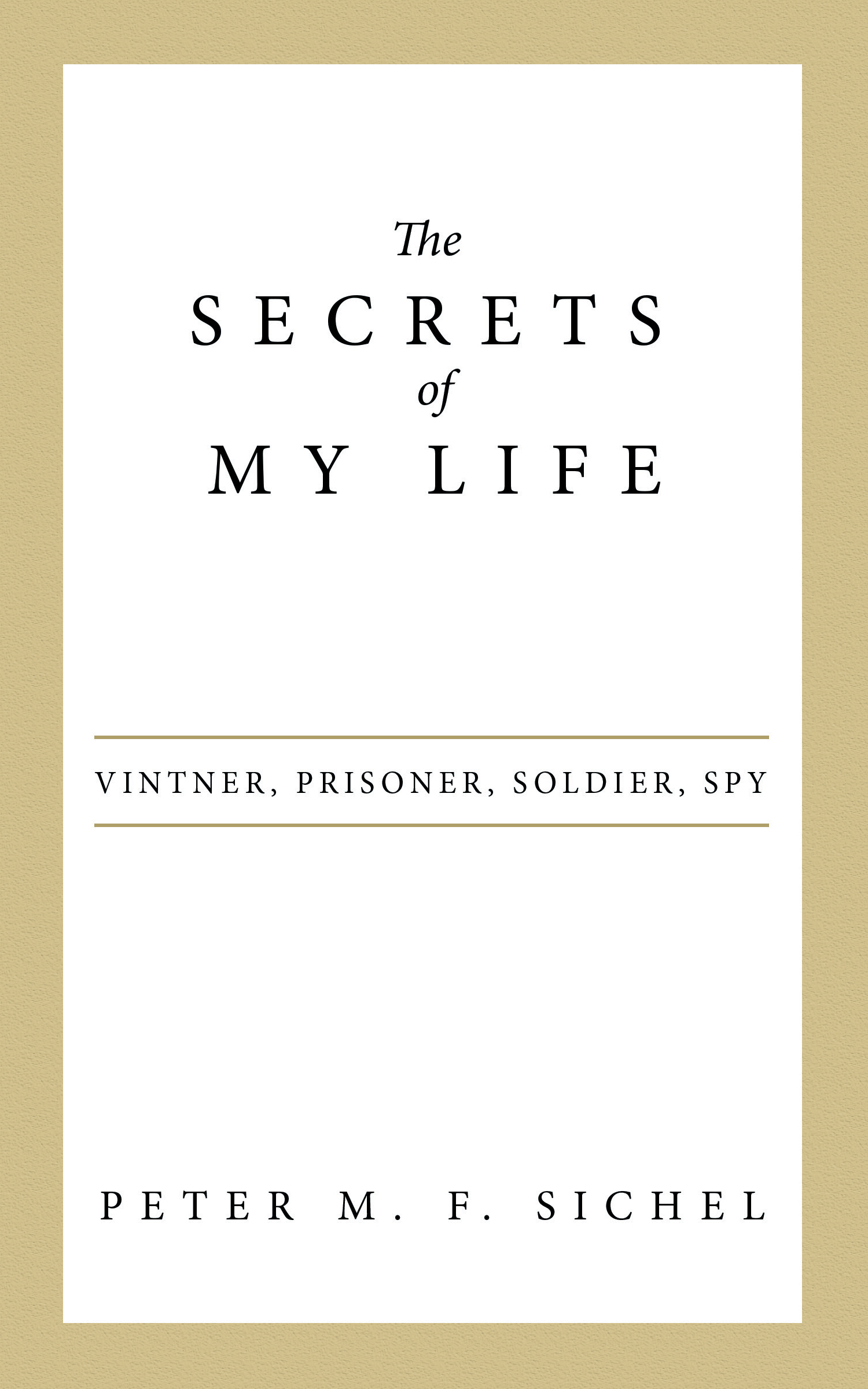The Sichel family wine business was incorporated in 1857 by my great grandfather and three of his sons. It not only sold wine in Germany, both German and French, but also specialized in exporting German and French wines. The family established import houses in London and New York, and established themselves as wine producers and exporters in Bordeaux. By the outbreak of WWII, the Sichels were one of the three main wine producers in Germany.
A vintner is both a wine merchant and a wine maker. I first worked in my family’s winery in Germany during the general strike in 1929, wrapping bottles. Subsequently I was trained in cellar management in Bordeaux, filling barrels and fining wine. I also started to taste and blend wine during my short period as apprentice in Bordeaux before the German Army came. After my return to the wine business in 1960, I was largely concerned with overseeing the purchase and blending of wine, the bottling and the marketing. After I bought a property in Bordeaux my main initial job was to improve the planting and management of the vineyards, as well as all the other functions I had been involved in my other wine ventures.
The international prominence of Sichel was spearheaded by a number of members being internationally recognized wine experts: They gave public tastings, hosted seminars and by the strength of their personalities expanded the business. They also joined many international societies and trade organizations to interact both with the government and with prominent members of society. Every family member that worked for the family company was fully trained in the making of wine and were personally involved with buying wine from wine growers and blending wines for their generic business. They thereby acquired an enormous amount of knowledge as to the quality of certain vineyards and vintage years. This information was sought by the wine drinking public.
Peter appeared often on television, and revised Frank Schoonmaker’s Wines of Germany and wrote “Which Wine” a general guide of wines on the American market. He became chairman of the German parent company in 1984. By the 1990s, the Sichel company was sold to another German company, Langguth. He was president of the International Wine and Spirit Competition in 1991. Until 2006 he owned the Bordeaux Château Fourcas-Hosten in Listrac, which he sold to two members of the Hermès family.
On the Beastie Boys 1992 album Check Your Head there is a musical interlude called The Blue Nun in which a narrator describes a party held in Peter Sichel’s comfortable study in his New York townhouse in which the guests compliment the wine. This includes samples from Peter’s audio recording “On Wine: How to Select and Serve”.
One of the Beastie Boys was a close friend of one of my daughters. He listened to a record I had made, where I gave some basic information on how to select and serve wine. He decided that this record could be a good theme for one of the songs and I gave them permission to use the record.
Due to the importance of the Sichel wine business and the fact that they brought foreign currency into Germany, they were not persecuted during the first four years of the Nazi control of Germany. When the Nazis suspended civil rights for the Jews, the Sichels decided to leave Germany, but their attempt to get permission to do so was unsuccessful. So they decided to leave without an exit permit, resulting in all four partners having all their property seized and being sentenced in absentia to four years of hard labor.

I volunteered for the U. S. Army the day after Pearl Harbor. I was called to active duty in September 1942, and assigned to the medical corps, where I quickly rose to the rank of Tech Sergeant. From there I was assigned to the University in Salt Lake City, where I was recruited by OSS. I remained in the army throughout my OSS career, rising ultimately to Captain in Intelligence.
CIA Operative
My first job in OSS was the procurement of enemy currency in Lisbon, Beirut and Tangier. I then was involved in the recruitment of German Prisoners of War, who were sent into Germany as spies. I was then assigned to Berlin to run a small clandestine team, and ended up as Chief of CIA in Berlin. Our main concern was to establish the intentions of the Russians, both through infiltration of East German ministries, Russian defectors and a large contingent of low level spies who were given certain targets to monitor. My subsequent jobs included service in Washington, ultimately as Chief of Operation for Eastern Europe, and finally Station Chief in Hong Kong. I resigned from CIA for various reasons: my first wife had left me, I felt that I was more and more living an isolated life with no contact with the larger society and finally I felt that the CIA was doing things I could not morally accept: they failed to learn from their mistakes resulting in unnecessary loss of life.

Heckscher, Sichel 1946 Berlin CIA Headquarters
From Nazi Germany to the OSS to the CIA (Part 1)
Friday, December 21, 2012
From Nazi Germany to the OSS to the CIA (Part 2)
Tuesday, January 22, 2013



